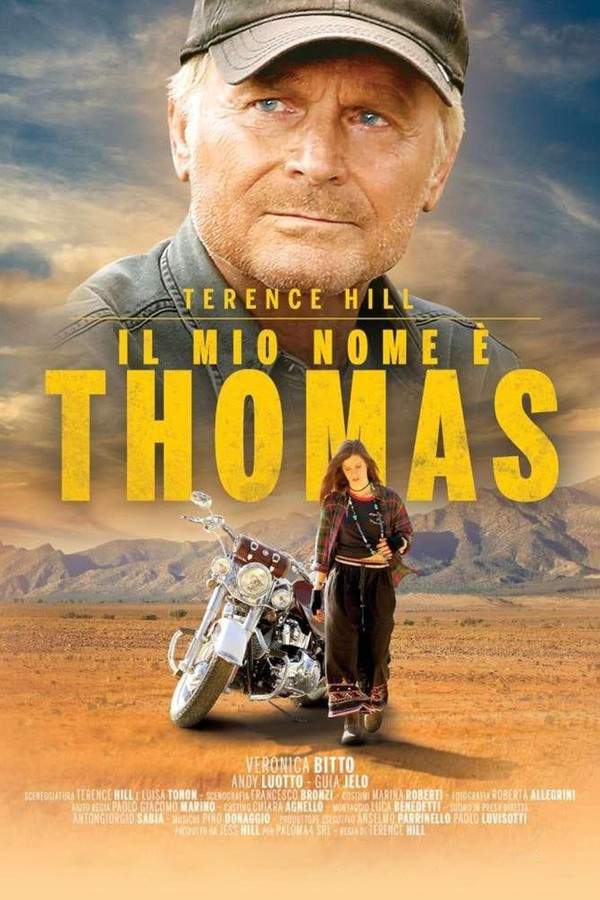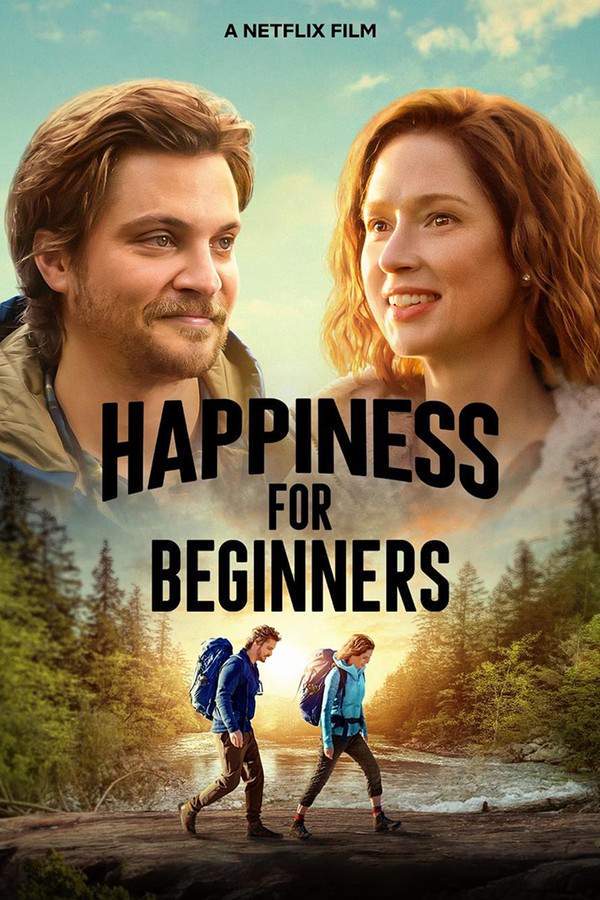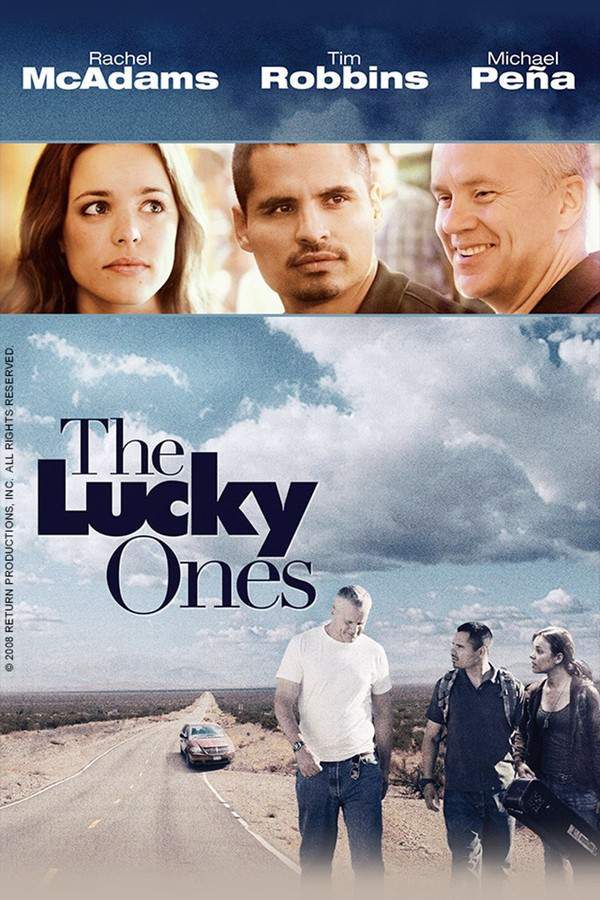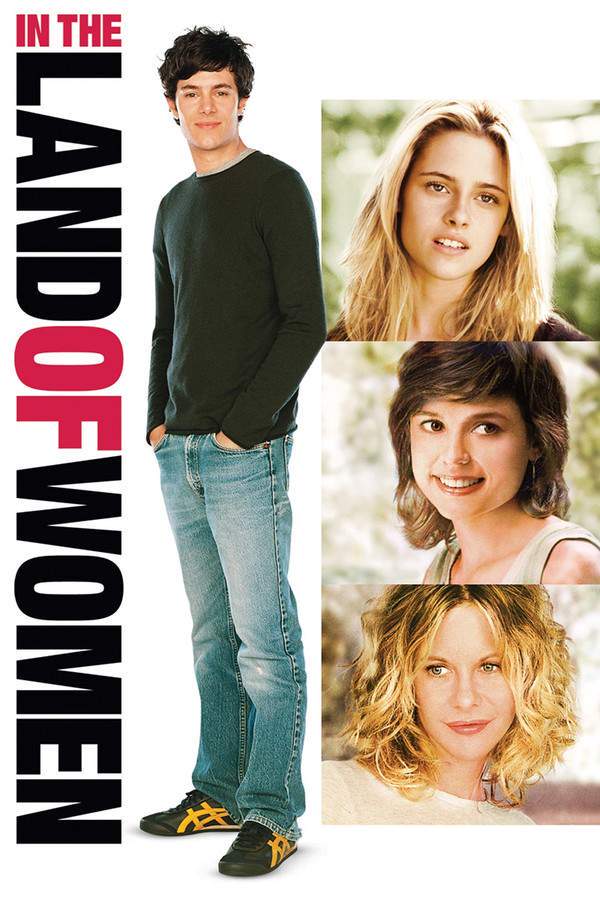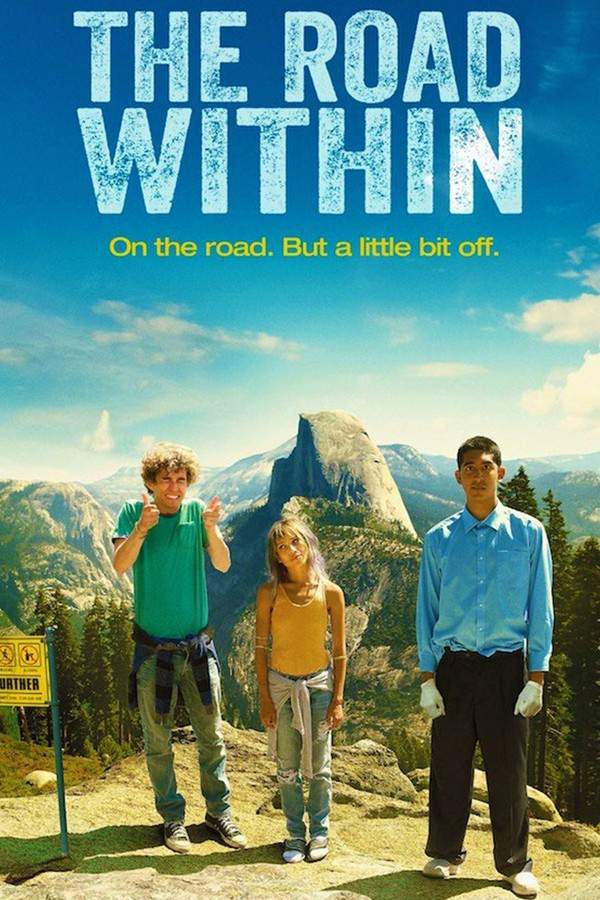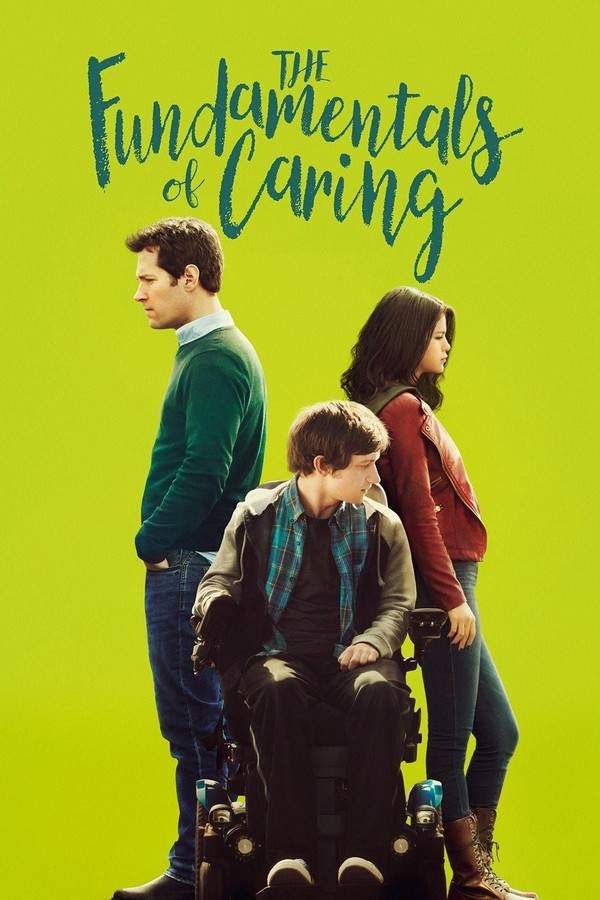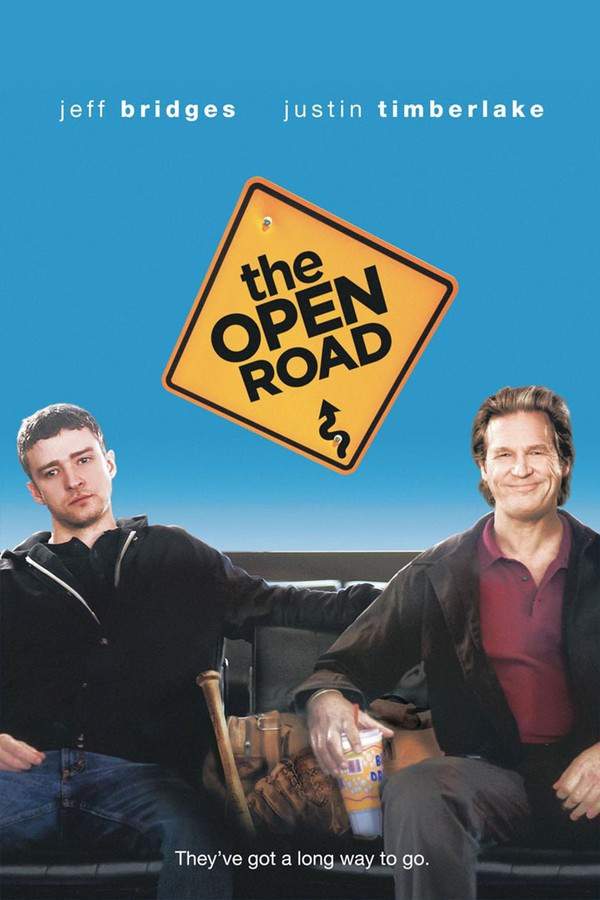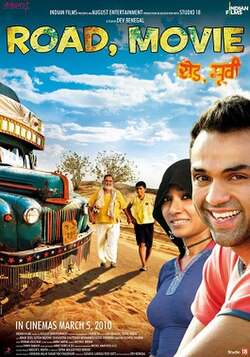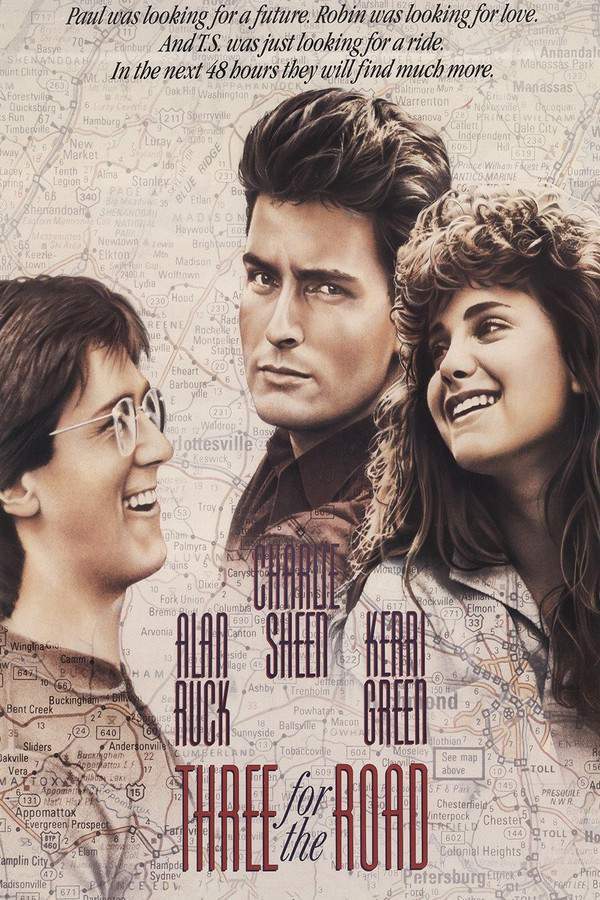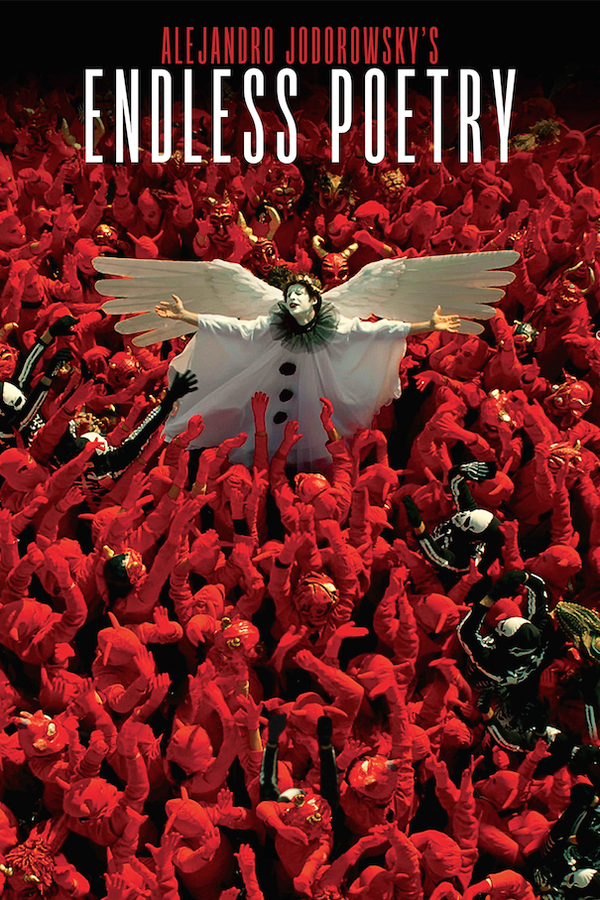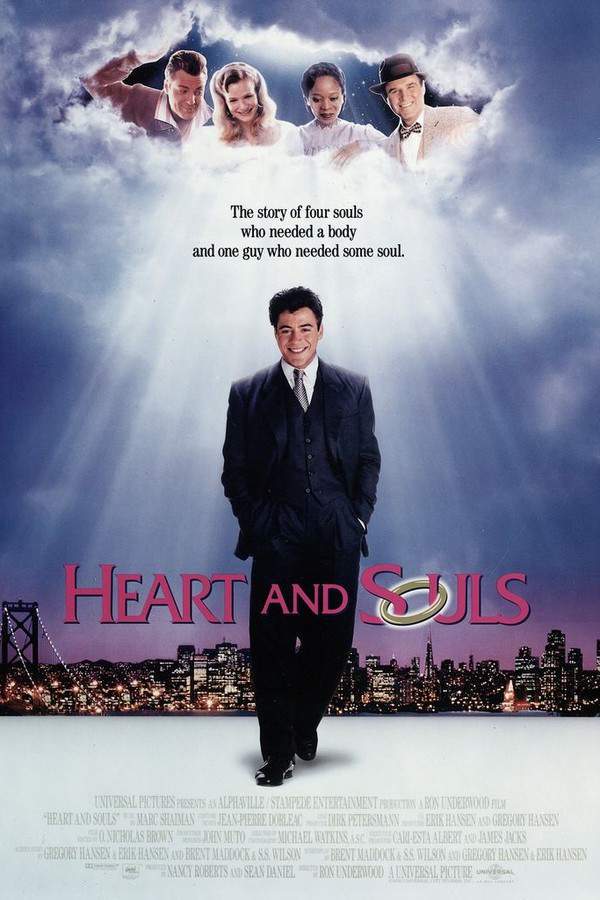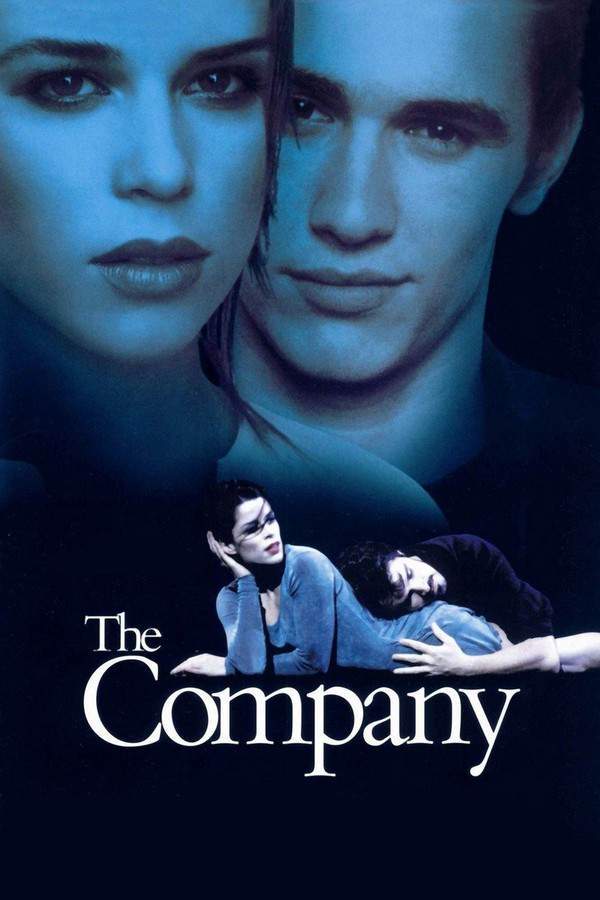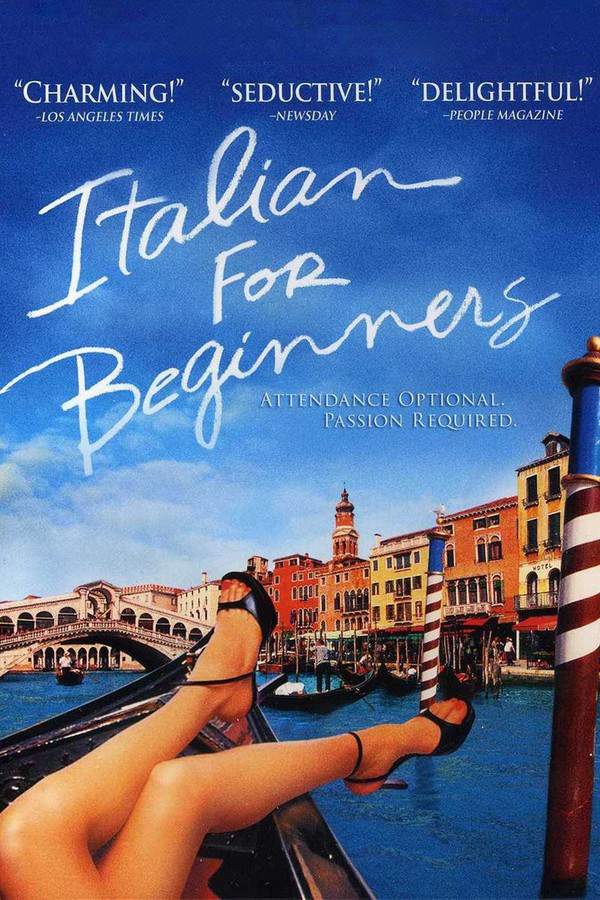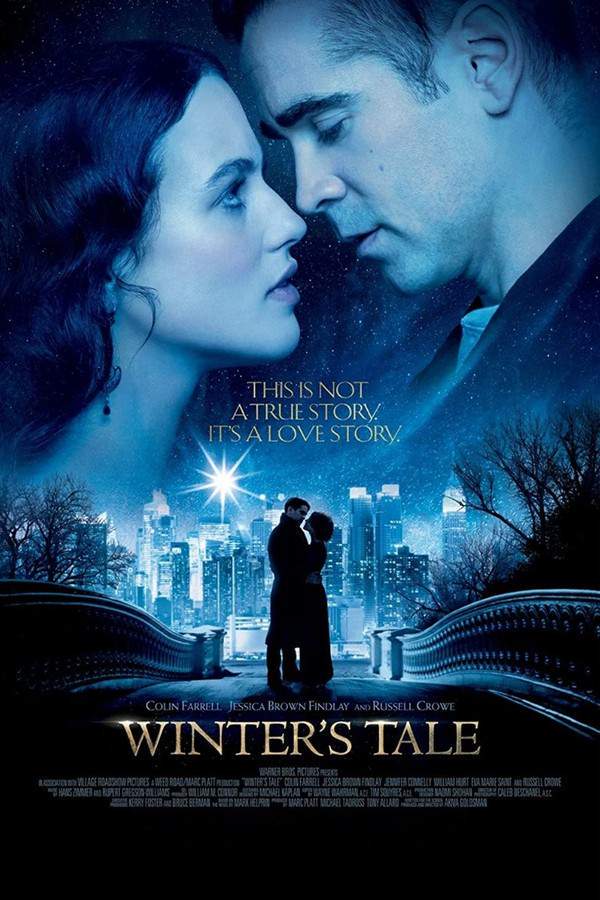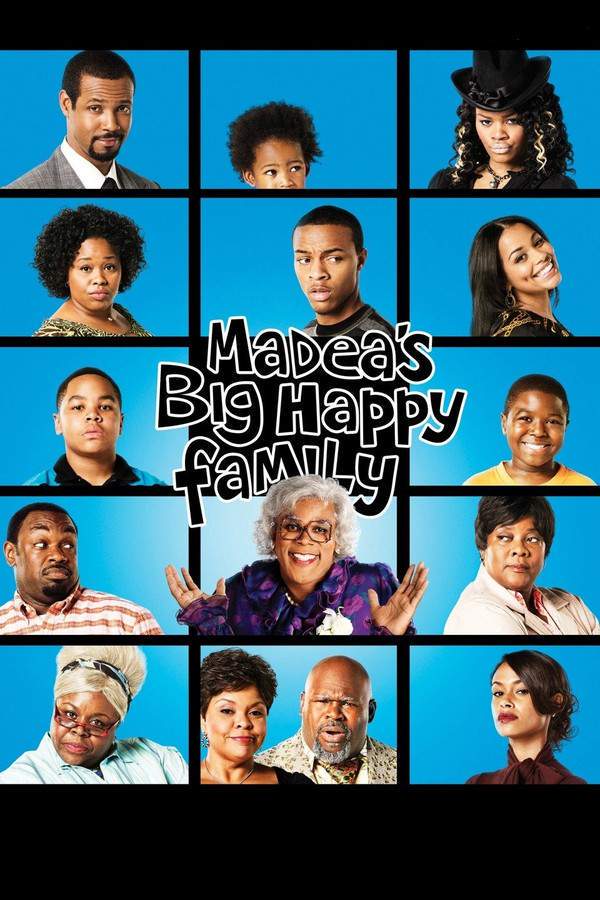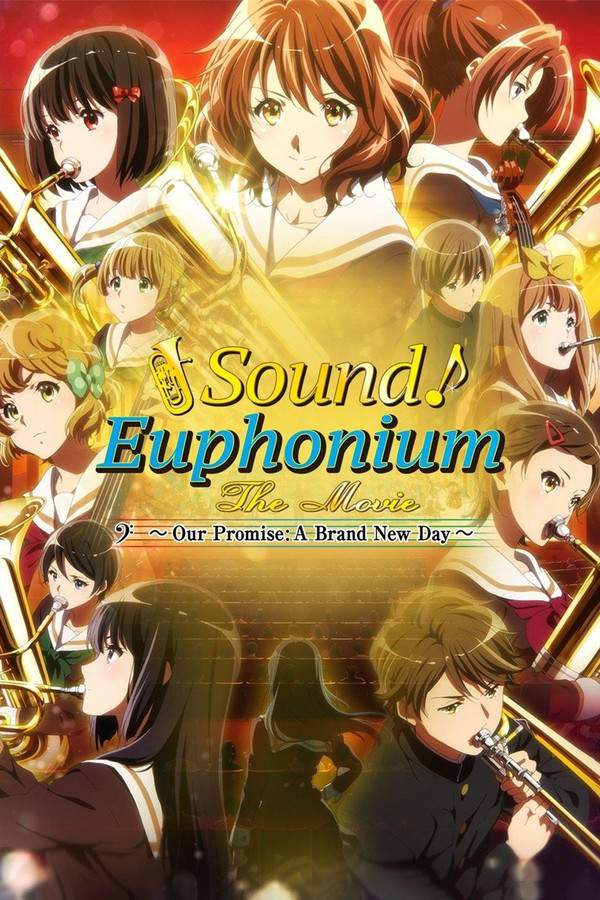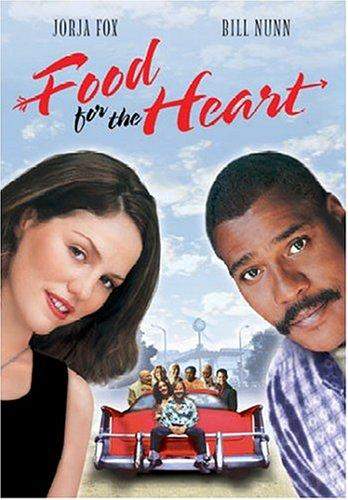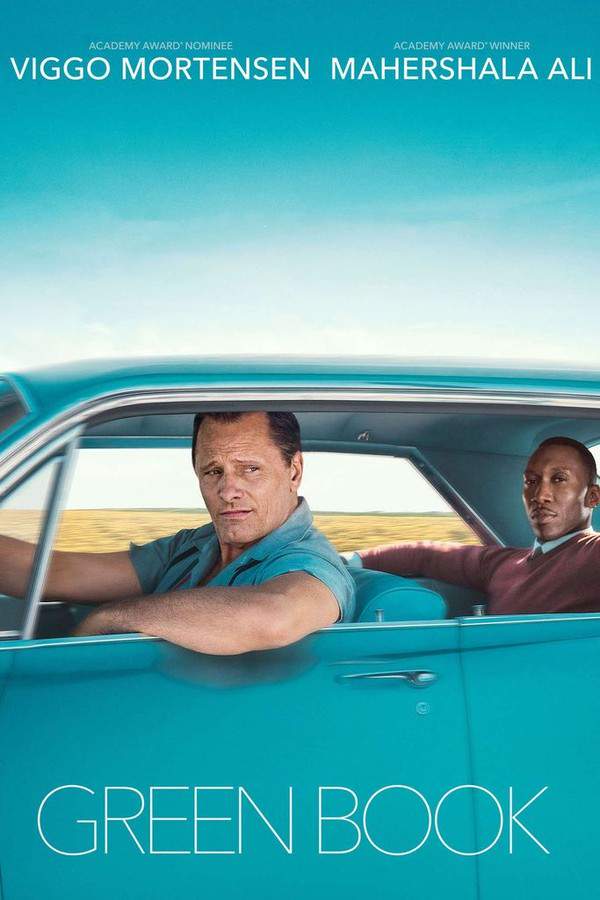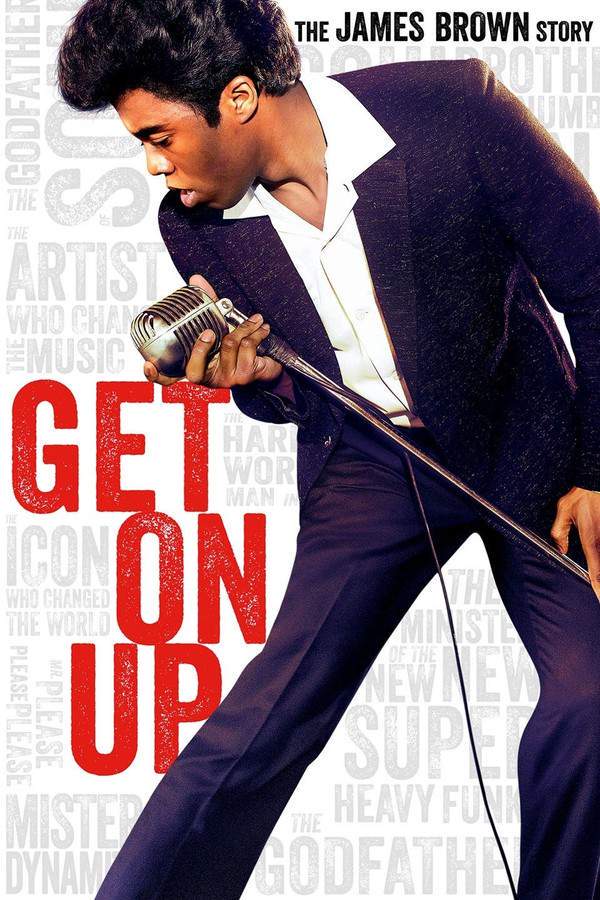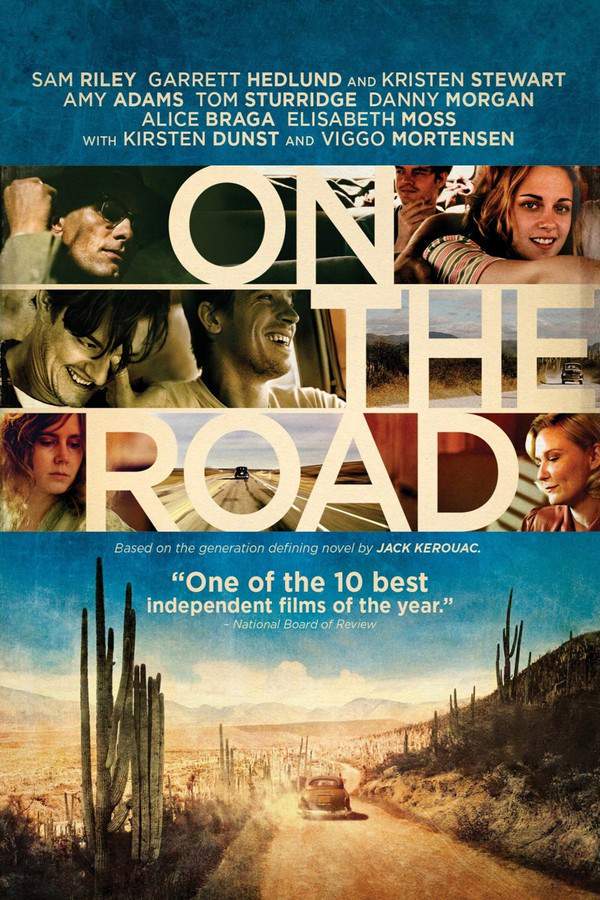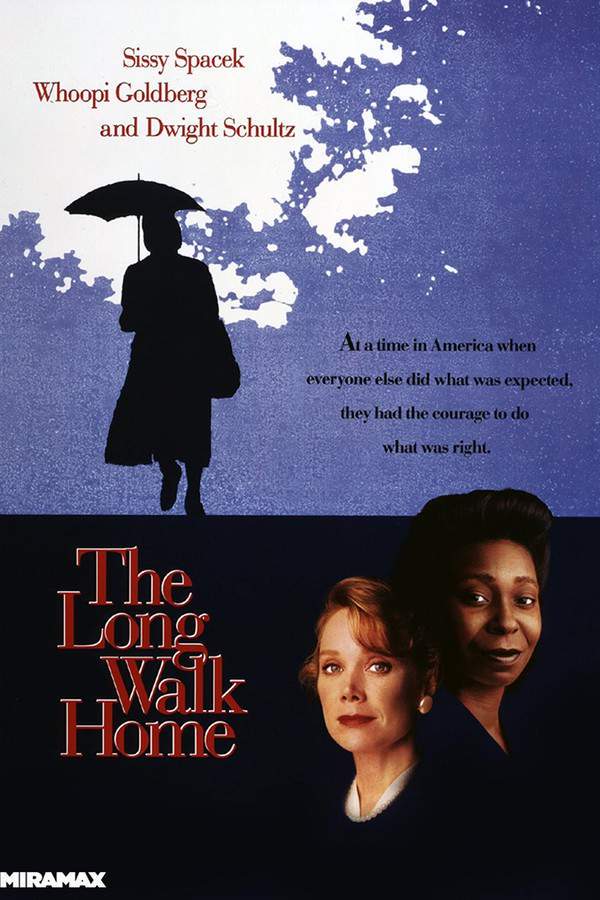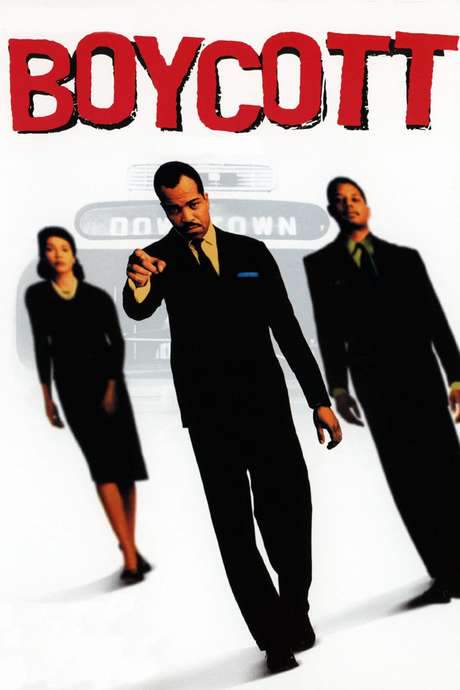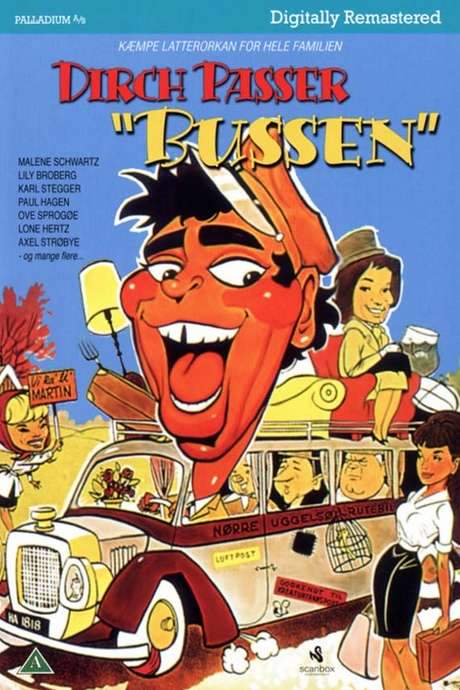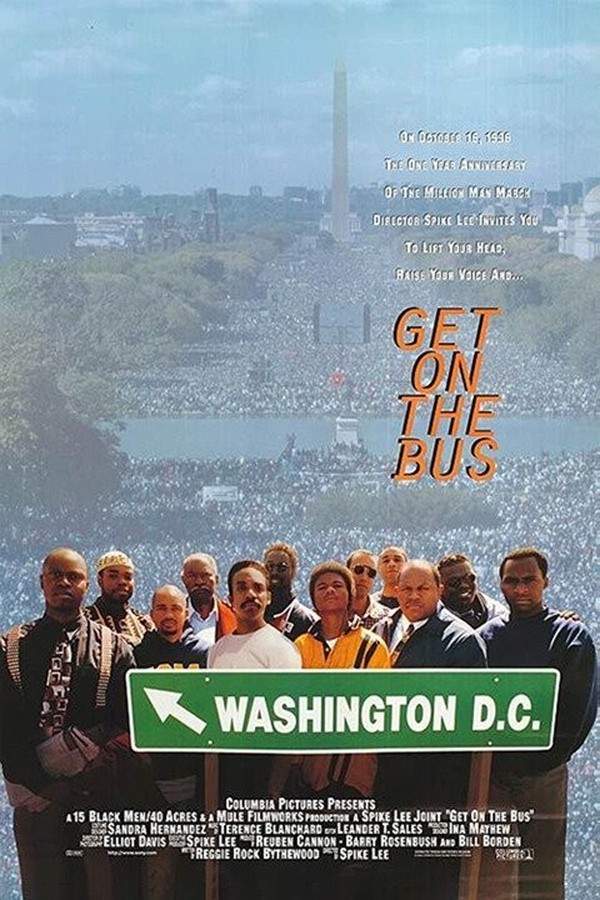
Get on the Bus
Year: 1996
Runtime: 120 min
Language: English
Director: Spike Lee
A diverse group of African-American men travel together on a bus to Washington D.C. for the historic Million Man March. During the journey, unexpected connections arise among the passengers, who represent a wide range of ages and backgrounds. From a young man facing legal troubles to a seasoned civil rights leader, their individual stories of struggle, hope, and resilience reveal the complexities of the Black American experience and the power of community.
Warning: spoilers below!
Haven’t seen Get on the Bus yet? This summary contains major spoilers. Bookmark the page, watch the movie, and come back for the full breakdown. If you're ready, scroll on and relive the story!
Timeline & Setting – Get on the Bus (1996)
Explore the full timeline and setting of Get on the Bus (1996). Follow every major event in chronological order and see how the environment shapes the story, characters, and dramatic tension.
Last Updated: October 22, 2024 at 19:47
Main Characters – Get on the Bus (1996)
Meet the key characters of Get on the Bus (1996), with detailed profiles, motivations, and roles in the plot. Understand their emotional journeys and what they reveal about the film’s deeper themes.
Last Updated: October 22, 2024 at 19:47
Major Themes – Get on the Bus (1996)
Explore the central themes of Get on the Bus (1996), from psychological, social, and emotional dimensions to philosophical messages. Understand what the film is really saying beneath the surface.
Last Updated: October 22, 2024 at 19:47
Explore Movie Threads
Discover curated groups of movies connected by mood, themes, and story style. Browse collections built around emotion, atmosphere, and narrative focus to easily find films that match what you feel like watching right now.
Journeys of collective healing like in Get on the Bus
Diverse groups travel together, sharing stories and forging bonds through shared struggle.If you liked the shared journey and bonding in Get on the Bus, explore other movies where diverse groups travel together. These character-driven stories focus on the collective healing and understanding that emerges from shared struggle and conversation, creating a heartfelt and hopeful viewing experience.
Narrative Summary
The narrative unfolds linearly around a shared goal or destination, using the journey as a device to force characters into proximity. Through dialogue, flashbacks, and conflicts, individual stories are revealed, culminating in a collective emotional experience that affirms the power of unity over isolation.
Why These Movies?
They are grouped together because they share a distinctive 'on the road' structure centered on character interaction rather than high-stakes action. The core similarity is the focus on how a communal journey catalyzes personal growth and forges a 'found family,' blending serious themes with an ultimately uplifting tone.
Bittersweet ensemble dramas with emotional depth like Get on the Bus
Interwoven stories of struggle that find hope in connection, not perfect resolutions.Find movies similar to Get on the Bus that feature an ensemble cast dealing with serious life issues. These dramas skillfully balance heavy themes with heartfelt moments, leading to endings that are bittersweet yet hopeful, focusing on the strength found in community and shared experience.
Narrative Summary
Multiple character perspectives are introduced and developed in parallel, often converging around a central event or location. The plot is driven by dialogue and emotional revelation rather than external action, building towards a climax that acknowledges pain and loss but emphasizes the enduring value of the bonds that have been formed.
Why These Movies?
These films share a specific emotional mix: they tackle difficult subjects with medium to heavy emotional weight, yet maintain a fundamentally hopeful tone. The pacing is steady, allowing for deep character exploration, and they consistently conclude with a bittersweet feeling that feels earned and authentic, rather than neatly resolved.
Unlock the Full Story of Get on the Bus
Don't stop at just watching — explore Get on the Bus in full detail. From the complete plot summary and scene-by-scene timeline to character breakdowns, thematic analysis, and a deep dive into the ending — every page helps you truly understand what Get on the Bus is all about. Plus, discover what's next after the movie.
Get on the Bus Summary
Read a complete plot summary of Get on the Bus, including all key story points, character arcs, and turning points. This in-depth recap is ideal for understanding the narrative structure or reviewing what happened in the movie.

Get on the Bus Timeline
Track the full timeline of Get on the Bus with every major event arranged chronologically. Perfect for decoding non-linear storytelling, flashbacks, or parallel narratives with a clear scene-by-scene breakdown.

Get on the Bus Spoiler-Free Summary
Get a quick, spoiler-free overview of Get on the Bus that covers the main plot points and key details without revealing any major twists or spoilers. Perfect for those who want to know what to expect before diving in.

More About Get on the Bus
Visit What's After the Movie to explore more about Get on the Bus: box office results, cast and crew info, production details, post-credit scenes, and external links — all in one place for movie fans and researchers.

Similar Movies to Get on the Bus
Discover movies like Get on the Bus that share similar genres, themes, and storytelling elements. Whether you’re drawn to the atmosphere, character arcs, or plot structure, these curated recommendations will help you explore more films you’ll love.
Explore More About Movie Get on the Bus
Get on the Bus (1996) Plot Summary & Movie Recap
Get on the Bus (1996) Scene-by-Scene Movie Timeline
Get on the Bus (1996) Spoiler-Free Summary & Key Flow
Movies Like Get on the Bus – Similar Titles You’ll Enjoy
Green Book (2018) Film Overview & Timeline
Get On Up (2014) Film Overview & Timeline
On the Road (2012) Film Overview & Timeline
The Long Walk Home (1990) Full Summary & Key Details
Bus Driver (2016) Full Summary & Key Details
Boycott (2001) Film Overview & Timeline
Bustin’ Loose (1981) Ending Explained & Film Insights
The Bus Coach Journey (1986) Full Movie Breakdown
Bussen (1963) Detailed Story Recap
Bus Riley’s Back in Town (1965) Ending Explained & Film Insights
The Bus Is Coming (1971) Movie Recap & Themes
The Wayward Bus (1957) Full Summary & Key Details
The Big Bus (1976) Movie Recap & Themes
Where’s the Bus? (1966) Story Summary & Characters
The Bus (1965) Spoiler-Packed Plot Recap

